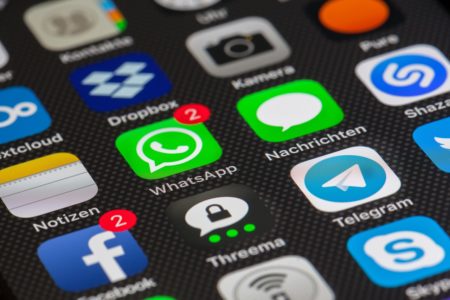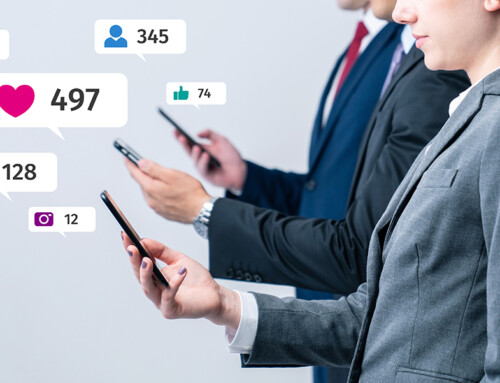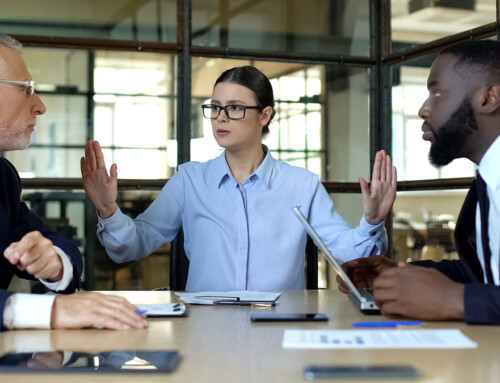
LoboStudioHamburg / Pixabay
As the largest social media platform globally, Facebook hackers worldwide who look to steal identities information. In short, they wreak havoc and mayhem have a field day with Facebook. Facebook is a prime target for hackers to get your personal information or your organization. Therefore, you must check and spot fraudulent activity from Facebook hackers continually, or you can easily have your profile stolen or worse.
What Facebook Knows About You
A fascinating infographic published recently shows how much there is to steal by Facebook hackers. You will be mistaken if you think that the platform only knows your name and whatever you post, like, or comment. Of even greater interest is that Facebook knows even more about you than Google. Google’s the largest search engine globally and the place where you presumably type in things that are of interest to you. For example, the URL for your bank account or the sites you like to go shopping.
A bit of what Facebook knows is as follows, aside from the general data points, such as your name, gender, age, or relationship status:
- Income level found with brokers dealing in personal data (big business these days!)
- Facial recognition data
- Browser information
- Devices you use
- Political, religious, and ethnicity
A Stolen Profile
Not too long ago, a friend of mine told me she was home late one evening, and on Facebook Messenger, she received a note from a “friend” asking how she was doing. The “friend” had been a fundraiser. So the person in Messenger asked my friend about the “American Charitable Foundation,” which was information readily available on Facebook for someone with access to a profile. Without thought, my friend replied to the person on Messenger.
The way my friend explained it, she was alerted rather quickly that something was not right. As the online conversation began to evolve, she wondered why the “friend” would reach her through Facebook Messenger since that was never the pattern for their communication. They’ve always communicated by telephone or email. The information the “friend” was typing about the “American Charitable Foundation” seemed suspect.
Starting to get a sense that something was “off” about the whole exchange, my friend asked her “friend” on Messenger about another person whom they both knew who was struggling against cancer and they had discussed the week prior. The response on Messenger was, “She’s doing great!” At that moment, my friend confirmed her suspicions that she was communicating with a scammer. In addition, my friend also knew that phone, computer, and tablet cameras could get hacked into, and minutes before, when she had a clue, something was curious, she promptly turned off the lights and positioned the tablet. Hence, there was no lens view of anything other than darkness.
My friend blocked the “friend” on Messenger and Facebook, who by that point was asking her to call the “American Charitable Foundation” on the “friend’s” behalf. She also reported the impersonation to Facebook and telephoned her friend directly to inform her that she got hacked. It turns out that it was a hacker in Algeria.
How to Protect Yourself from Facebook Hackers
The following are a few of the things you can do to keep your personal and Facebook pages secure.
- Don’t log in to Facebook or Messenger from any public internet network or device.
- Use your Facebook password only for that platform and nowhere else.
- Turn on two-step authentication for access to your Facebook account. You can do that by going to your “Settings,” “Security and Log-In,” and then “Use Two Factor Authentication.”
- Turn on Secure Browsing in the “Security” section of your “Settings” so you can limit the sites that request that you sign in using Facebook.
- As happened with my friend, learn about how to spot scammers on Facebook.
Author of “Not Your Father’s Charity: Grip & Rip Leadership for Social Impact”(Free Digital Download)
© 2018 Wayne Elsey and Not Your Father’s Charity. All Rights Reserved





